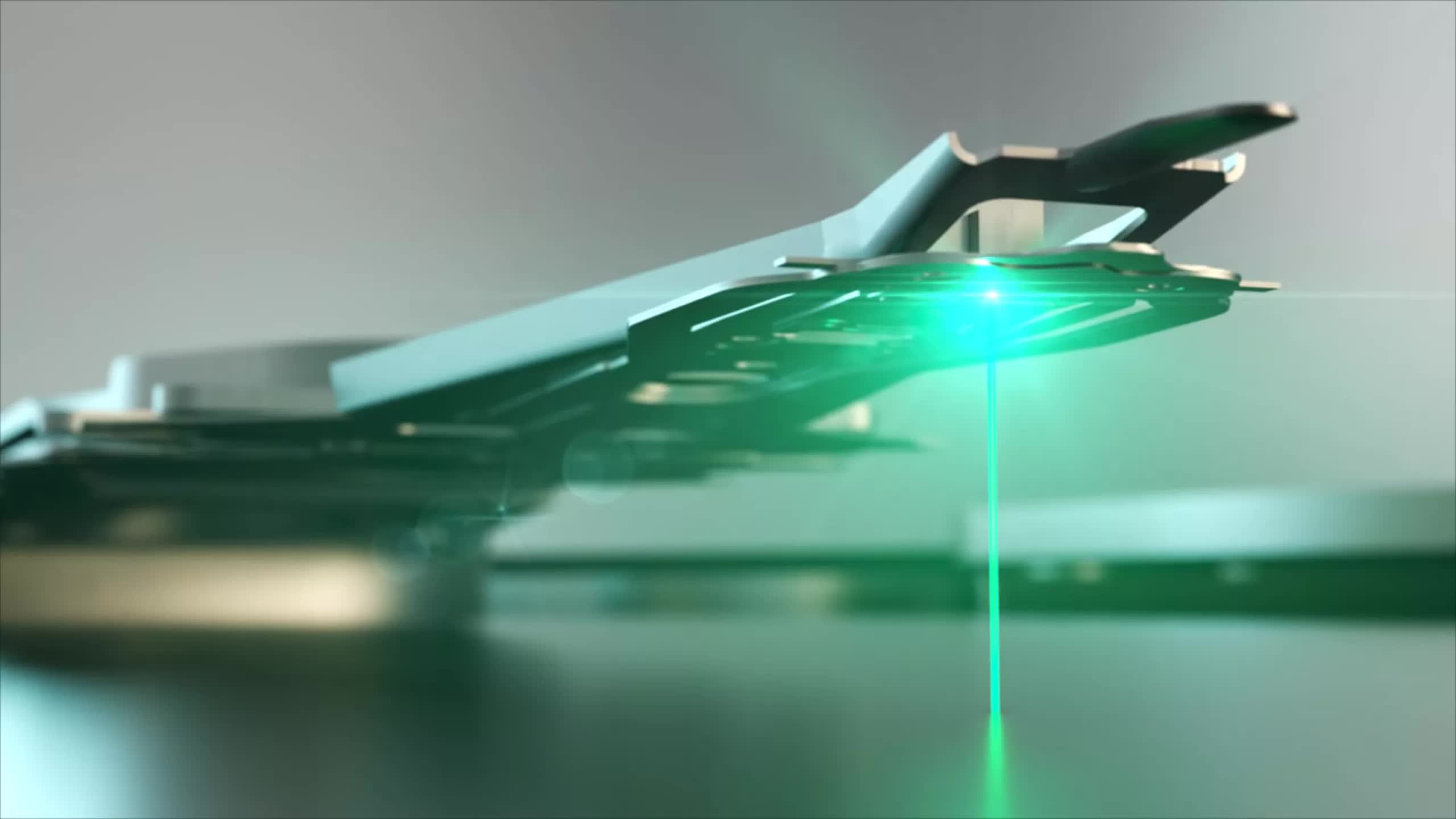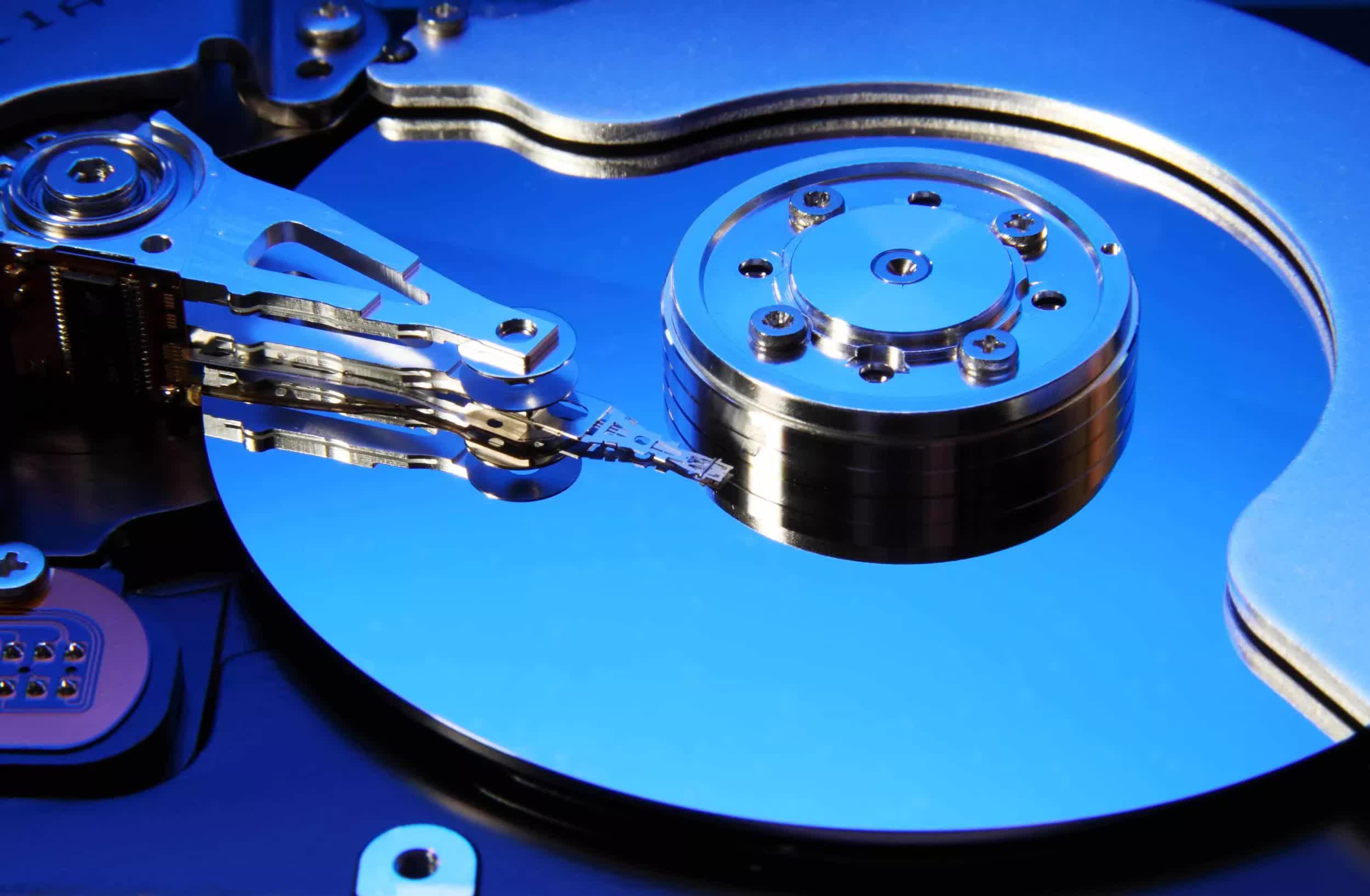TL;DR: Seagate was the first storage manufacturer to introduce heat-assisted magnetic recording hard drives to the market and continues to innovate in magnetic storage technology. The company is expanding the capacity of its next-generation storage units, though I/O performance may be a concern for some customers.

Seagate started shipping hard drives with HAMR tech in December 2024, turning a long-awaited technological advancement into a commercial reality. Now, the storage specialist is announcing that even more advanced HAMR drives, with capacities of up to 36 terabytes, are on the way.
The 36TB HAMR drives are being shipped to a select group of customers for testing and validation. Like the earlier HAMR units, these new Exos M drives are built on the Mozaic 3+ technology platform to deliver "unprecedented" areal density. The drives utilize a complex 10-platter design, achieving an areal density of 3.6TB per platter.
According to Seagate CEO Dave Mosley, the company has already reached an areal density of over 6TB per disk in its test environments. The goal, he says, is to further increase the data density to 10TB per platter. Seagate also states that Mozaic 3+ is a highly efficient storage platform, enabling the new Exos M drives to lower the total cost of ownership and reduce energy consumption.

HAMR drives have been specifically engineered to meet the needs of data centers, offering 300 percent more storage capacity within the same physical footprint. Seagate also estimates a 25 percent reduction in cost per terabyte and a 60 percent reduction in power consumption per terabyte. Dell Technologies, an early adopter of the Mozaic 3+ platform, plans to integrate the Exos M 32TB drives into its "high-density" storage products in the near future.
While touted as the cutting edge of magnetic storage technology, the new drives come with a notable caveat that Seagate does not mention in its press release. According to the product page for HAMR drives, the highest-capacity models (32TB and 36TB) rely on shingled magnetic recording (SMR) to achieve their impressive areal density and overall storage capacity.
SMR-based drives use a sophisticated architecture with overlapping data tracks, which can negatively impact write operations. However, this limitation may not be a significant issue for data centers and startups training AI language models, as their primary focus is on storing vast amounts of data rather than frequent or intensive write operations.
As IDC researcher Kuba Stolarski noted, hard disk drives remain a "critical" technology for AI applications and other enterprise-level storage demands. Stolarski highlighted that a significant majority (89 percent) of data stored by leading cloud services is still archived on hard disk drives.
Seagate is now sampling 36TB hard drives based on HAMR technology